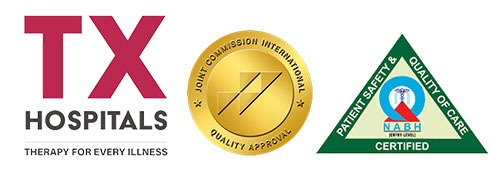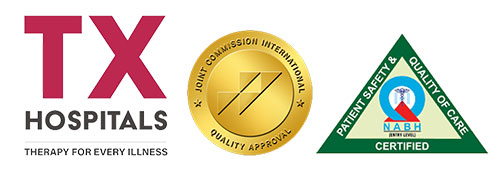Gastrectomy
- Gastrectomy is a surgical procedure that involves the removal of all or part of the stomach.
- This procedure is usually done to treat stomach cancer, but it can also be used to treat other conditions such as severe ulcers or tumors.
- Depending on the extent of the surgery, a gastrectomy can be total (removal of the entire stomach) or partial (removal of a portion of the stomach).
Types of Gastrectomy
- Total Gastrectomy: This involves the complete removal of the stomach, and the esophagus is connected directly to the small intestine. This surgery is usually done for advanced stomach cancer or inherited stomach cancer syndromes.
- Subtotal Gastrectomy: This involves the removal of a portion of the stomach, usually the lower part, and the remaining portion of the stomach is reconnected to the small intestine. This is the most common type of gastrectomy.
- Proximal Gastrectomy: This involves the removal of the upper part of the stomach, and the remaining portion of the stomach is connected to the esophagus. This surgery is typically done for early-stage stomach cancer.
Preparation for Gastrectomy
- Before the surgery, the patient may need to undergo several tests such as blood tests, imaging scans, and endoscopy to determine the extent of the disease and the appropriate surgical approach.
- The patient may also need to follow a special diet and stop taking certain medications prior to the surgery.
Procedure for Gastrectomy:
- The procedure is usually done under general anesthesia and can take several hours to complete.
- The surgeon makes several small incisions in the abdomen and inserts a laparoscope (a thin tube with a camera) to visualize the stomach and surrounding tissues.
- The surgeon then removes the affected part of the stomach and reconstructs the digestive system to allow food to pass through the remaining portion of the stomach or the small intestine.
Recovery after Gastrectomy:
- After the surgery, the patient may need to stay in the hospital for several days to monitor their recovery and manage any complications.
- The patient may experience some discomfort, pain, and nausea in the first few days after the surgery, but these symptoms can usually be managed with medication.
- The patient may need to follow a special diet and gradually introduce solid foods over several weeks or months.
Risks and Complications of Gastrectomy:
- As with any surgery, gastrectomy carries some risks and potential complications, including bleeding, infection, blood clots, and complications related to anesthesia.
Depending on the extent of the surgery, the patient may also experience long-term complications such as dumping syndrome (a condition where food moves too quickly through the digestive system), malnutrition, and weight loss.







